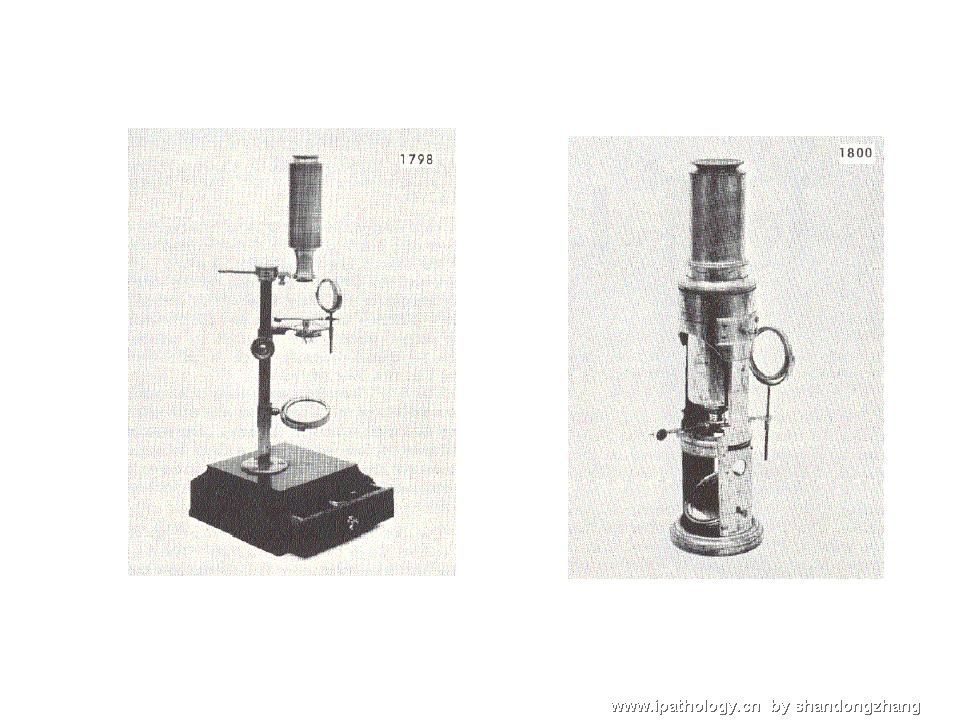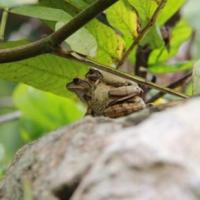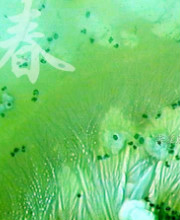| 图片: | |
|---|---|
| 名称: | |
| 描述: | |
- 20080304-腮腺冰冻
-
lanyueliang 离线
- 帖子:679
- 粉蓝豆:11
- 经验:1424
- 注册时间:2008-11-12
- 加关注 | 发消息
-
shn-821128 离线
- 帖子:277
- 粉蓝豆:3
- 经验:277
- 注册时间:2008-11-02
- 加关注 | 发消息
-
stevenshen 离线
- 帖子:343
- 粉蓝豆:2
- 经验:343
- 注册时间:2008-06-03
- 加关注 | 发消息
-
Most pathologists would agree that salivary gland neoplasm can be very difficult to classify. The case posted by Dr. Zhang is one of those difficult ones. I agree that the differential diagnoses include adenoid cystic carcinoma ( 腺样囊性癌), basal cell adenoma (基底细胞腺瘤) as most people suggested. I would also add that we might consider basal cell adenocarcinoma (基底细胞腺癌), which differ from basal cell adenoma by its infiltrative growth into surrounding normal salivary gland or soft tissue. Evaluation of the edge of the tumor is critical for this distinction. We know that pleomorphic adenoma can become carcinoma after many years or as a recurrence, I am not sure whether basal cell adenoma can become carcinoma. Thanks!
-
chinagrapes 离线
- 帖子:14
- 粉蓝豆:1
- 经验:14
- 注册时间:2008-07-04
- 加关注 | 发消息






























